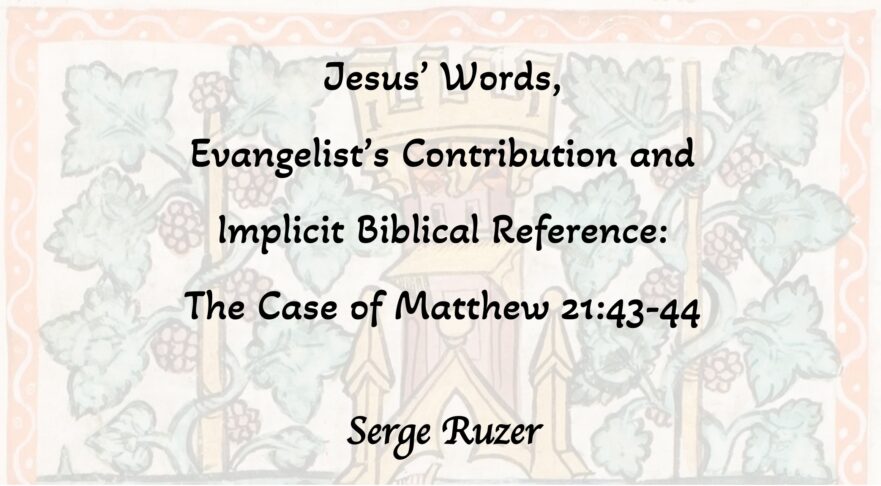Evidence from Qumran combined with a likely scriptural allusion suggest a non-ethnic interpretation of Matthew’s editorial additions to the parable of the Vineyard and the Tenants.
Character Profile: Rabban Gamliel the Elder
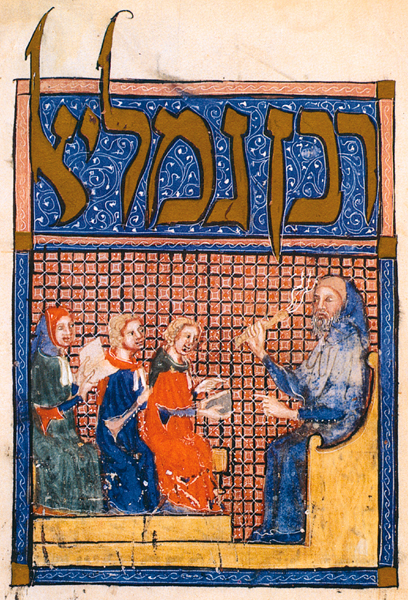
The ancient Jewish sage Rabban Gamliel is mentioned not only in rabbinic literature, but also twice in the New Testament. Marc Turnage introduces us to this important figure in the history of Judaism and Christianity.
Excerpt from Jews and Christians: A Journey of Faith
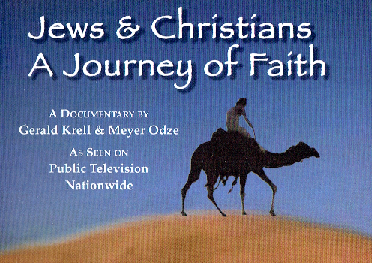
The documentary film, Jews and Christians: A Journey of Faith, features religious leaders and scholars who examine the deep ties between Judaism and Christianity.
Myth of the Pagan Origins of Christianity
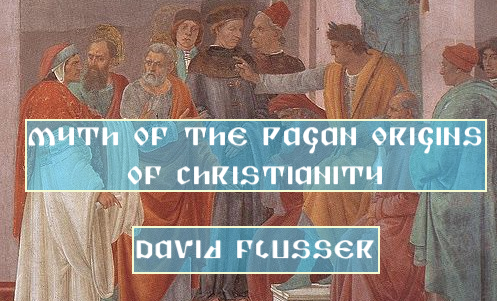
The artificial constructions of scholars who once sought to build a bridge directly from Hellenism to Christianity are being dismantled, both because of greater knowledge of the Greek world and due to more intensive study of ancient Jewish and Christian thought.
Brad H. Young on Interfaith Dialogue

In this video Dr. Young discusses the need for Jesus’ followers to understand and appreciate Jesus’ Jewish heritage and the Hebraic roots of the Christian faith as they engage in interfaith dialogue.
Unintentional Anti-Semitism in the Church

I heard an all too familiar theme surface in an otherwise good sermon with regard to the recognition and acceptance of Jesus as Messiah: “The Jews just missed it!” Sadly, this affront by categorization also shows a total lack of recognition of the role of Jews in the early church and in their making the message of salvation through Yeshua (Jesus) available to non-Jews. It is as if Yeshua appears on the scene, is rejected by the Jews, but is welcomed with open arms by the non-Jews.
The Apostolic Decree and the Noahide Commandments
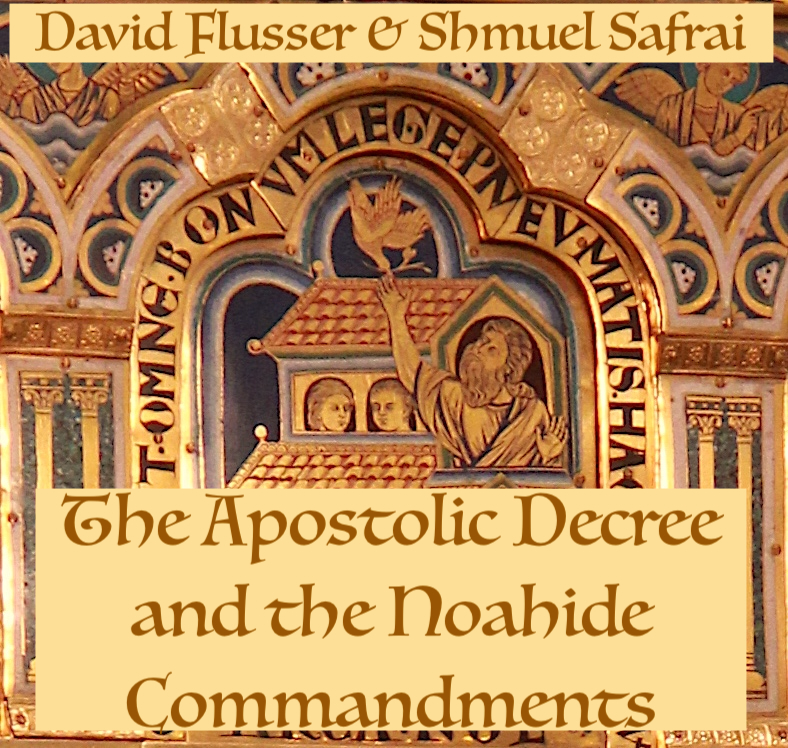
Jerusalem Perspective is pleased to make available to the English-speaking world this important article written originally in German by David Flusser and Shmuel Safrai: “Das Aposteldekret und die Noachitischen Gebote,” in Wer Tora mehrt, mehrt Leben: Festgabe fur Heinz Kremers (ed. E. Brocke and H.-J. Borkenings; Neukirchen-Vluyn, 1986), 173-192.
The Surprise of Finding Anti-Semitism in the Heart of the Early Church Fathers
“The other disease which my tongue is called to cure is the most difficult… And what is the disease? The festivals of the pitiful and miserable Jews which are soon approaching.” — Saint John Chrysostom (349-407)
Measure For Measure
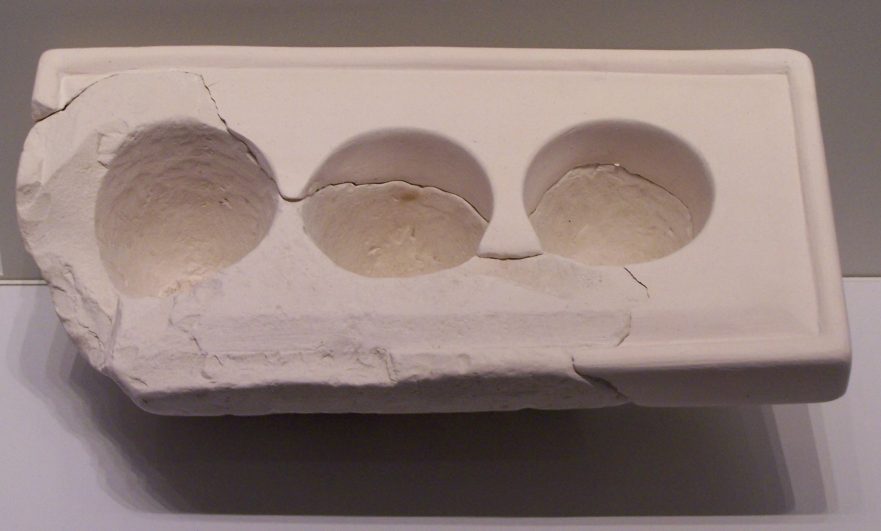
Some of the things Jesus emphasized in his teachings stand as strong warnings to those who belong to the community of faith. Jesus made statements about not lapsing into prideful judgmentalism, and becoming centripetal in one’s thinking. Jesus taught that our attitude toward other people—outsiders, even sinners—must be like God’s.
A Theology of Jewish-Christian Relations
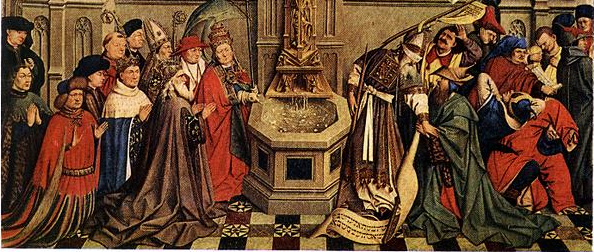
Still today a famous German New Testament professor can say (as he did) to his students: “If you want to be a good Christian, you must kill the Jew in your heart.” I quote this professor’s words not because I am a Jew, but because he used the word “kill” as if it were a Christian virtue. Furthermore, the opinion that “you have to kill the Jew in your heart” is not unconnected with an important trend that existed in Christianity from its beginnings.
Can Gentiles Be Saved?
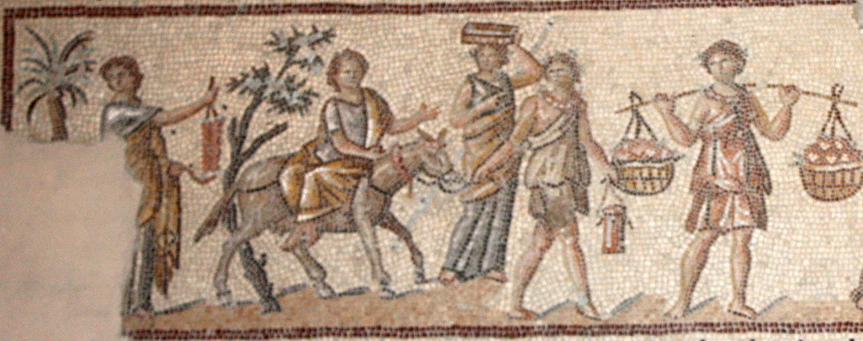
Jesus’ broadminded approach resonates with contemporary sages who belonged to the School of Hillel. In their opinion, it is better to leave God-fearing Gentiles in their blessed state with only the necessity of the moral laws given to Noah.
The Cross and the Jewish People
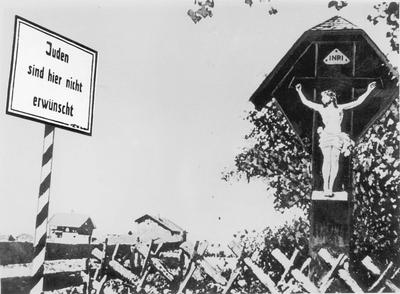
One of the most poignant pictures which exemplify the chasm of historical misunderstanding between Jews and Christians is that found in Yad Vashem, the Holocaust memorial in Jerusalem. It is a photograph of a life-size crucifix that stood outside an unknown German village prior to World War II. In a twist of tragic irony a sign was hung on the cross to warn Jews not to enter the village. It read: “Jews are not welcome here.”
One God and Lord

The restoration of the Jewish homeland, Israel, and the reconnection of the Church to its Jewish roots are not unrelated phenomena. Many sectors of the Body of Messiah today are being stimulated and enriched by the “nourishing sap” of Israel’s faith, scriptures and scholarship. We are discovering that there is scarcely a single New Testament subject that cannot be amplified, deepened, or balanced by a Hebraic perspective. As disciples of Yeshua, we are deeply indebted to Israel.
Romans 11: The Olive Tree’s Root
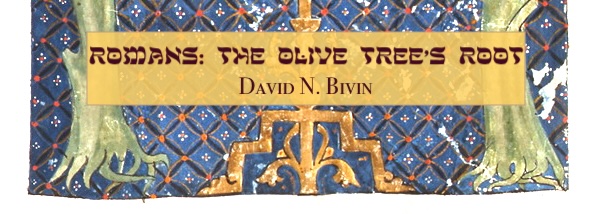
Paul spoke about Israel as a “cultivated olive tree” whose rootage was in the Patriarchs, particularly Abraham. Some Bible commentators, however, interpreted the root of the olive tree as Christ or his messianic program.
The Teaching of Balaam
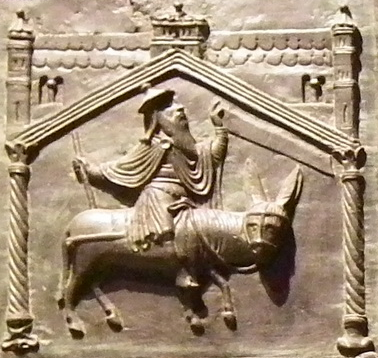
Revelation 2:12-16 is one of those occasions when it is necessary for the Christian reader to be familiar with first-century Jewish interpretation of an Old Testament account.
Were the Pharisees “Legalistic”?

If we define legalism as “works righteousness,” then we cannot apply it to the Pharisees, because the Pharisaic understanding of piety was not based upon this concept.
The Transparent Agenda
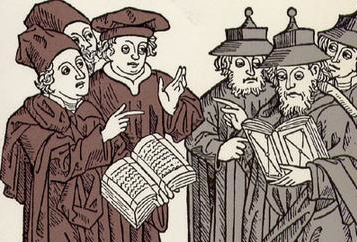
As practitioners of Jesus’ teachings, our conduct certainly should be characterized by charity, but a helping hand with strings attached or expectations appended is not pleasant. This constitutes one of the mysterious aspects of the kingdom of heaven. It is The Transparent Agenda, a mandate to do good to all without prejudice and without expectations.
God’s Mercy and Our Disobedience
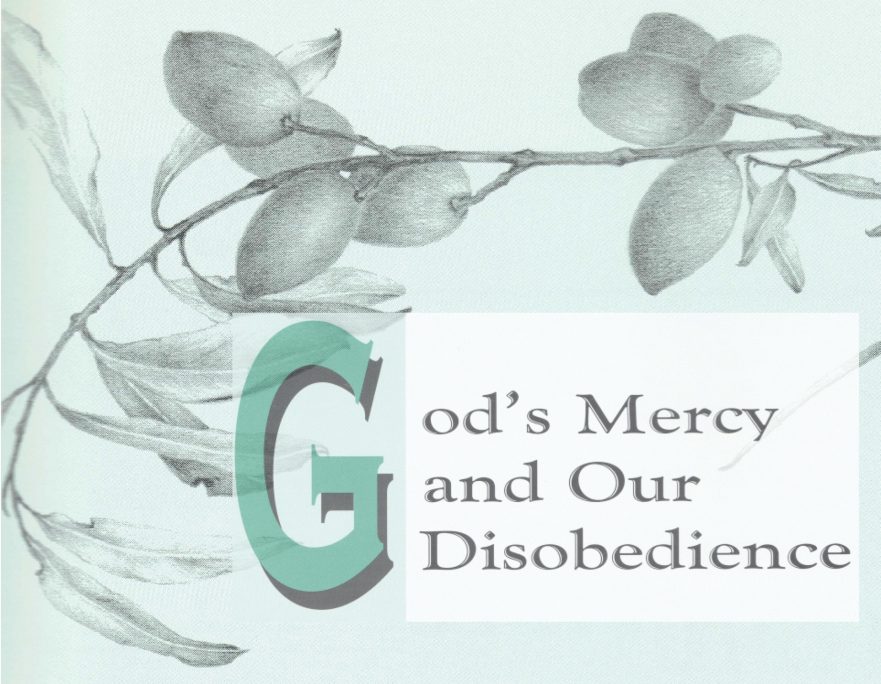
Reading a passage from the New Testament against the backdrop of ancient Jewish tradition can sometimes add to the its significance. Romans 11:30-36 is one such passage, where without knowing the Jewish tradition to which Paul alluded, we run the risk of not hearing his emphasis clearly: God is merciful and his ways, incomprehensible.
- Page 1 of 2
- 1
- 2

